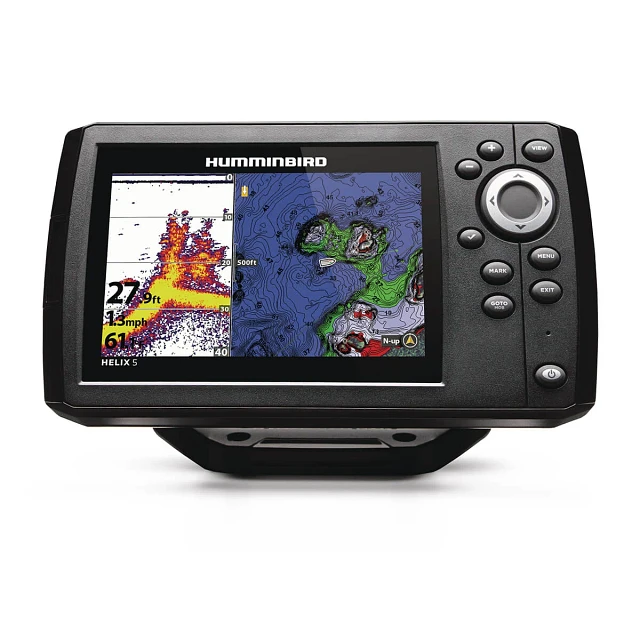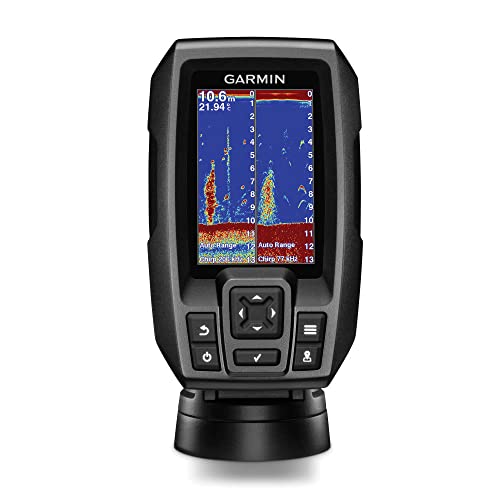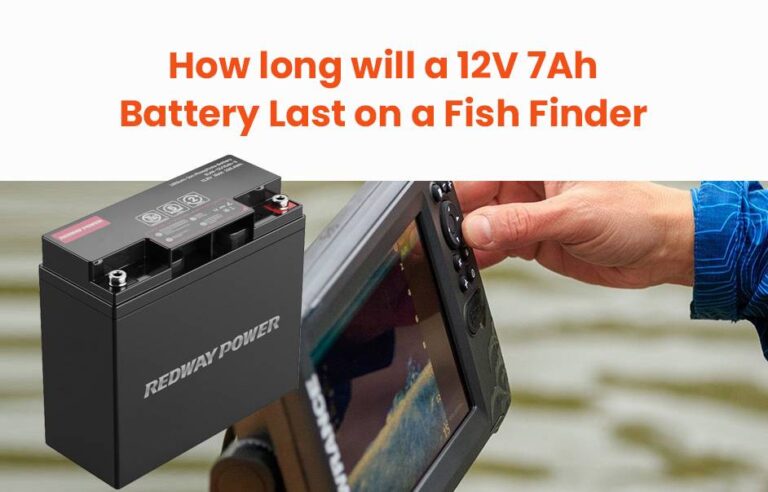Do you want to catch more fish? A Humminbird Fish Finder can help. This tool shows you where fish are in the water. It uses sound waves to find fish. This guide will show you how to use it.
What is a Humminbird Fish Finder?
A Humminbird Fish Finder is a device. It helps you find fish in the water. It has a screen and buttons. The screen shows you where the fish are. The buttons help you control the device.
Parts of a Humminbird Fish Finder
Let’s look at the parts:
- Screen: This shows you the fish and the water.
- Buttons: These help you control the device.
- Transducer: This sends and receives sound waves.
- Power Supply: This gives power to the device.
Setting Up Your Fish Finder
First, you need to set up your fish finder. Follow these steps:
- Attach the transducer to your boat.
- Connect the transducer to the fish finder.
- Connect the power supply to the fish finder.
- Turn on the fish finder.
How to Use the Buttons
The buttons help you control the fish finder. Here are some common buttons:
- Power: Turns the device on or off.
- Menu: Opens the menu for settings.
- Zoom: Zooms in and out on the screen.
- Arrow Buttons: Move the cursor on the screen.
- Enter: Selects an option on the screen.
Understanding the Screen
The screen shows you the fish and the water. Here is what you will see:
| Item | Description |
|---|---|
| Fish Icons | These show where the fish are. |
| Depth | This shows how deep the water is. |
| Water Temperature | This shows the temperature of the water. |
| Bottom | This shows the bottom of the water. |
Using the Menu
The menu helps you change settings. Follow these steps:
- Press the Menu button.
- Use the arrow buttons to move through the menu.
- Press Enter to select an option.
Common Settings
Here are some common settings you can change:
- Depth Range: Sets how deep the device looks.
- Sensitivity: Adjusts how much detail you see.
- Zoom: Zooms in on the screen.
- Fish ID: Turns fish icons on or off.

Credit: humminbird.johnsonoutdoors.com
Reading the Screen
Now, let’s learn how to read the screen. Here are some tips:
- Fish Icons: Look for fish icons. These show where the fish are.
- Depth: Check the depth. This tells you how deep the water is.
- Water Temperature: Check the water temperature. Some fish like warm water. Others like cold water.
- Bottom: Look at the bottom. This shows you the bottom of the water.
Finding Fish
Here are some tips for finding fish:
- Look for fish icons on the screen.
- Check the depth. Fish can be at different depths.
- Check the water temperature. Some fish like warm water. Others like cold water.

Credit: www.youtube.com
Using the Transducer
The transducer is very important. It sends and receives sound waves. Here are some tips for using it:
- Mount the transducer correctly. This helps it work better.
- Keep the transducer clean. Dirt can affect its performance.
Maintaining Your Fish Finder
Keep your fish finder in good shape. Here are some tips:
- Keep the screen clean. Use a soft cloth.
- Check the cables. Make sure they are not damaged.
- Store the fish finder in a safe place. Avoid extreme temperatures.
Frequently Asked Questions
What Is The First Step To Operate A Humminbird Fish Finder?
Turn on the device by pressing the power button.
How Do I Read The Screen On A Humminbird Fish Finder?
Understand the icons and numbers. Fish are shown as arches or symbols.
How Can I Adjust The Sensitivity On My Humminbird Fish Finder?
Press the Sensitivity button and use the arrow keys to adjust.
What Do The Different Colors On The Screen Indicate?
Colors show depth and type of bottom. Blue for water, yellow for fish.
Conclusion
Using a Humminbird Fish Finder is easy. Follow these steps and tips. You will find more fish. Happy fishing!


